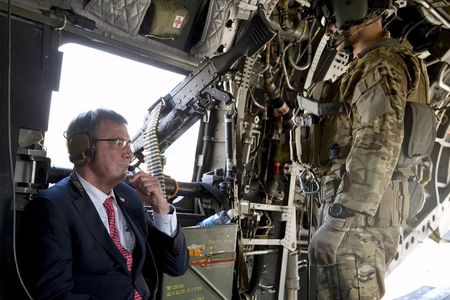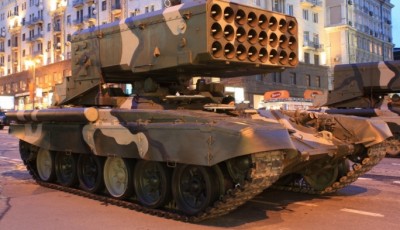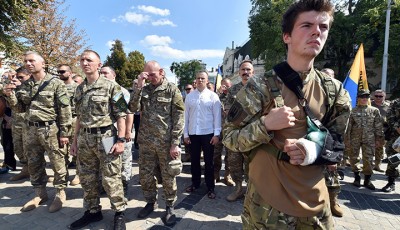Pentagon chief Carter in Iraqi Kurdistan for talks
ERBIL, Iraq U.S. Defense Secretary Ash Carter arrived on an unannounced visit on Friday to Erbil, the capital of Iraq’s Kurdistan region, whose forces have emerged as one of America’s strongest partners in the fight against Islamic State.
After speaking with Iraqi Kurdish leaders, Carter told U.S. troops that the campaign seeks to train Iraqi forces that imitate the success of the Kurdish force, known as the peshmerga.
The loss of Ramadi was the Iraqi army’s worst defeat since the radical Sunni militants swept through northern Iraq last summer.
“The Kurds are an example of what we’re looking for, which is an effective ground force that’ll stick up for itself, hold together, take and hold territory”, Carter said in testimony to the U.S. Congress earlier this month.
An global coalition has since developed and carried out thousands of air strikes, many in support of peshmerga forces fighting IS.
Despite Carter’s praise for the peshmerga, the U.S. continues to funnel supplies through Baghdad rather than directly arming the Kurds.
Kurdish help may be key to Iraq’s hopes of winning upcoming battles in Iraq. Republican lawmakers have called for the U.S.to change its policy, but the Obama administration insists Iraq’s sovereignty should be respected by dealing with the central government.
Barzani, whose forces have de facto seized several oil-rich, contested areas on the back of last year’s ISIS offensive, has threatened to organise a referendum on independence.
He said the United States was ready to do more to support Iraqi government forces but stressed the army would have to demonstrate its ability to perform better than it has done in the past.
After his Irbil visit Carter was returning to Washington, concluding a weeklong Mideast tour that started Sunday in Israel and included visits to Jiddah, Saudi Arabia, and Amman, Jordan.
IS is also under increasing pressure in Syria, where Turkish fighter jets bombed IS positions for the first time Friday, potentially marking a major shift in the conflict.
North Atlantic Treaty Organisation member Turkey had been accused of colluding with IS by allowing the militants to use its territory as a rear base and not fulfilling its role in the coalition.












